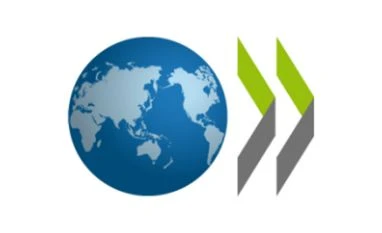Panama will take a big step towards ending its status as an offshore tax haven on Thursday by signing a multilateral convention to share foreign taxpayer details with other governments, the OECD's head of tax said.
Panama's role as a major offshore tax haven came into the public spotlight earlier this year when thousands of documents were leaked showing how a Panamanian law firm had helped the rich and powerful around the world evade taxes.
The negative publicity and threat of being blacklisted internationally as an uncooperative tax haven has spurred Panama to clean up its act, the Organisation for Economic Cooperation and Development's Pascal Saint-Amans told Reuters.
He said laws passed last week and reviewed by the OECD went in the right direction, putting Panama in a position to sign the Convention on Mutual Administrative Assistance in Tax Matters.
"With this convention, Panama will have to exchange information with more than a 100 countries without condition," Saint-Amans said in an interview.
So far Panama has had only a handful of bilateral tax treaties and before the leaked documents even some of those countries were losing patience with the country for not adequately responding to their requests for information.
More From This Section
Under the convention, Panama can also opt to begin sharing tax information automatically in addition to on demand.
"We hope that Panama has really turned the page," Saint-Amans said, describing its coverage by the convention as a "radical change" in Panama's tax approach.
Despite Panama's progress, it is set to be deemed non-compliant in respecting international standards for its past track record when the Global Forum on Transparency and Exchange of Tax Information meets next week.
However, it will be subject to a review by other countries belonging to the 137-member Global Forum to take the latest changes into account ahead of a G20 summit in July in Hamburg.
A non-compliant rating from the Global Forum would be grounds for being included on an international blacklist of countries considered as uncooperative. The G20 group of economic powers has tasked the OECD with drawing up the list.
)